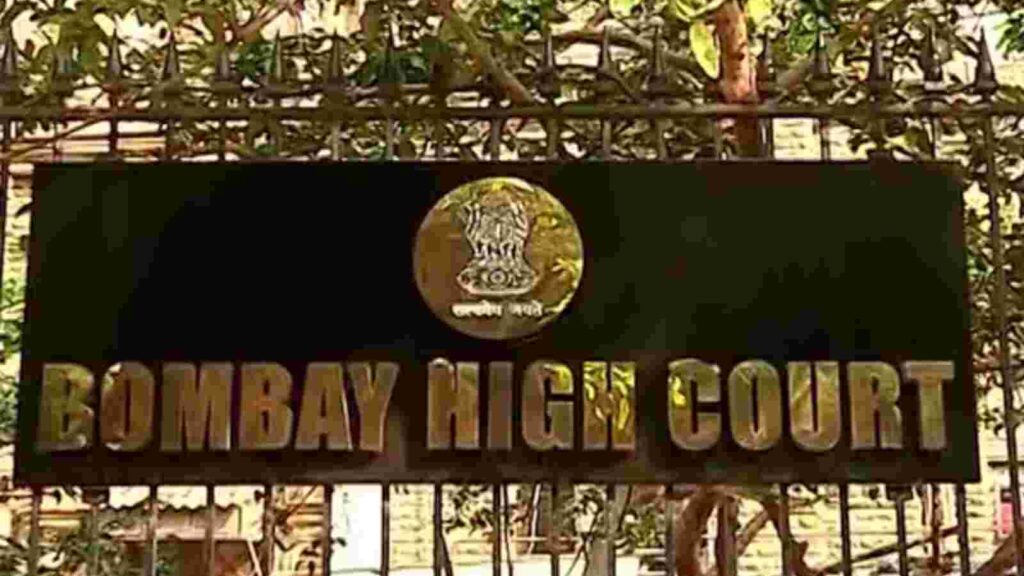
Unqualified Medical Practitioners: A Hazard to Rural Health
Last Updated on January 3, 2024 by News Desk
Introduction
The Karnataka High Court recently addressed a critical concern plaguing rural healthcare: unqualified individuals providing medical services. In a case involving a paramedical practitioner seeking clinic registration, the Court’s dismissal shed light on the dangers posed by those without proper medical qualifications.
Issues undertaken
The petitioner, possessing a Community Medical Service and Essential Drugs diploma, claimed to be a practicing “doctor” despite lacking the necessary qualifications. This raised alarms about unqualified individuals misleading rural communities by offering medical services without appropriate credentials. The State’s refusal to grant registration under the Karnataka Private Medical Establishments Act, 2007, triggered the petitioner’s plea.
Reasoning and Court’s Stand:
The Court scrutinized the petitioner’s credentials and education—a CMS-ED diploma obtained from a board operating under WHO guidelines. Despite this, the Court emphasized that such para-medical qualifications didn’t grant entitlement to practice as a “private medical practitioner” or a “doctor” under the 2007 Act. The Act mandated registration for running private medical establishments, which the petitioner, a paramedical practitioner, didn’t qualify for. The Court expressed grave concern that the petitioner, lacking proper qualifications, had been practicing medicine for an extended period, possibly even prescribing medication.
Conclusion:
The High Court’s decision centered on the necessity of stringent regulations to curb unqualified individuals from providing medical services. It emphasized the imperative need to protect rural populations from being hoodwinked by individuals falsely posing as qualified practitioners. The dismissal of the plea signaled a critical juncture: a call to action to enforce strict measures preventing unqualified individuals from offering medical services without requisite qualifications and registrations.
In essence, this ruling serves as a pivotal step in safeguarding vulnerable communities, ensuring that only duly qualified and registered medical professionals serve the public. The Court’s stance emphasizes the gravity of the issue and the urgency to fortify regulations to prevent such deceptive practices, thereby safeguarding the sanctity of healthcare services offered in rural areas.
Written by: Athi Venkatesh




